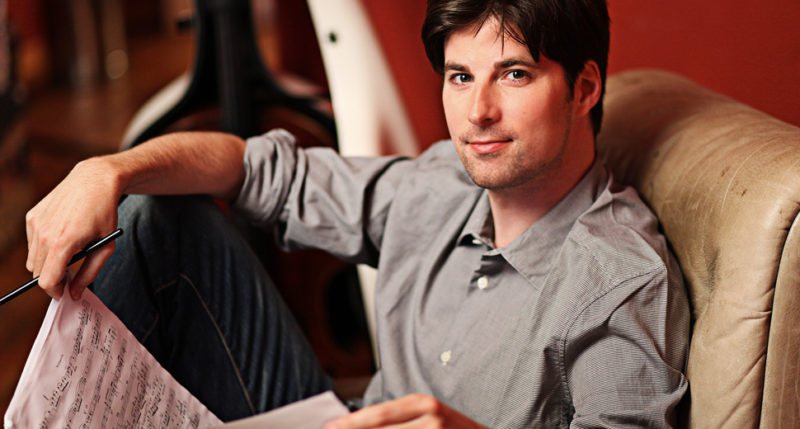Dmitrij Kitajenko begins the musical year 2020 with the Tonkünstlerorchester Niederösterreich, with two concerts on 18 and 19 January at the Golden Hall of the Vienna Musikverein and a third on 20 January in the St. Pölten Festspielhaus.
Two works are on the programme. Daniel Müller-Schott is the soloist in Antonin Dvorak’s Cello Concerto Op. 104, before, as the orchestra’s website states, “the musicians, under the direction of guest conductor Dmitrij Kitajenko, whom they and their audience hold in high esteem, stage another dream world and perform excerpts from Piotr Tchaikovsky’s Nutcracker Suite”.
When Antonin Dvorak returned to his Czech homeland in 1895 after a three-year stay in New York, he had the B minor Concerto for Cello and Orchestra, written in the USA, in his luggage. It was first performed in London in 1896 and immediately became known and popular all over the world.
In order to avoid the cello’s grumpy sound, which he hated, Dvorak mainly used the middle and high registers of the instrument – which requires from the soloist an extraordinary intonation technique.
Due to the composer’s popular origins, the thematic material of the concerto is influenced above all by Czech folklore. At the same time it is characterized by a lyricism that permeates all the structures of the composition. It is precisely its elementary lyrical power that made the concert so popular.
Although the form is classical, the work has a distinct symphonic character, and the cello is largely embedded in the orchestra.
Johannes Brahms, who was always a great supporter of Antonin Dvorak, said: “Why on earth didn’t I know that one could write a cello concerto like this? Had I known, I would have written one long ago.”

